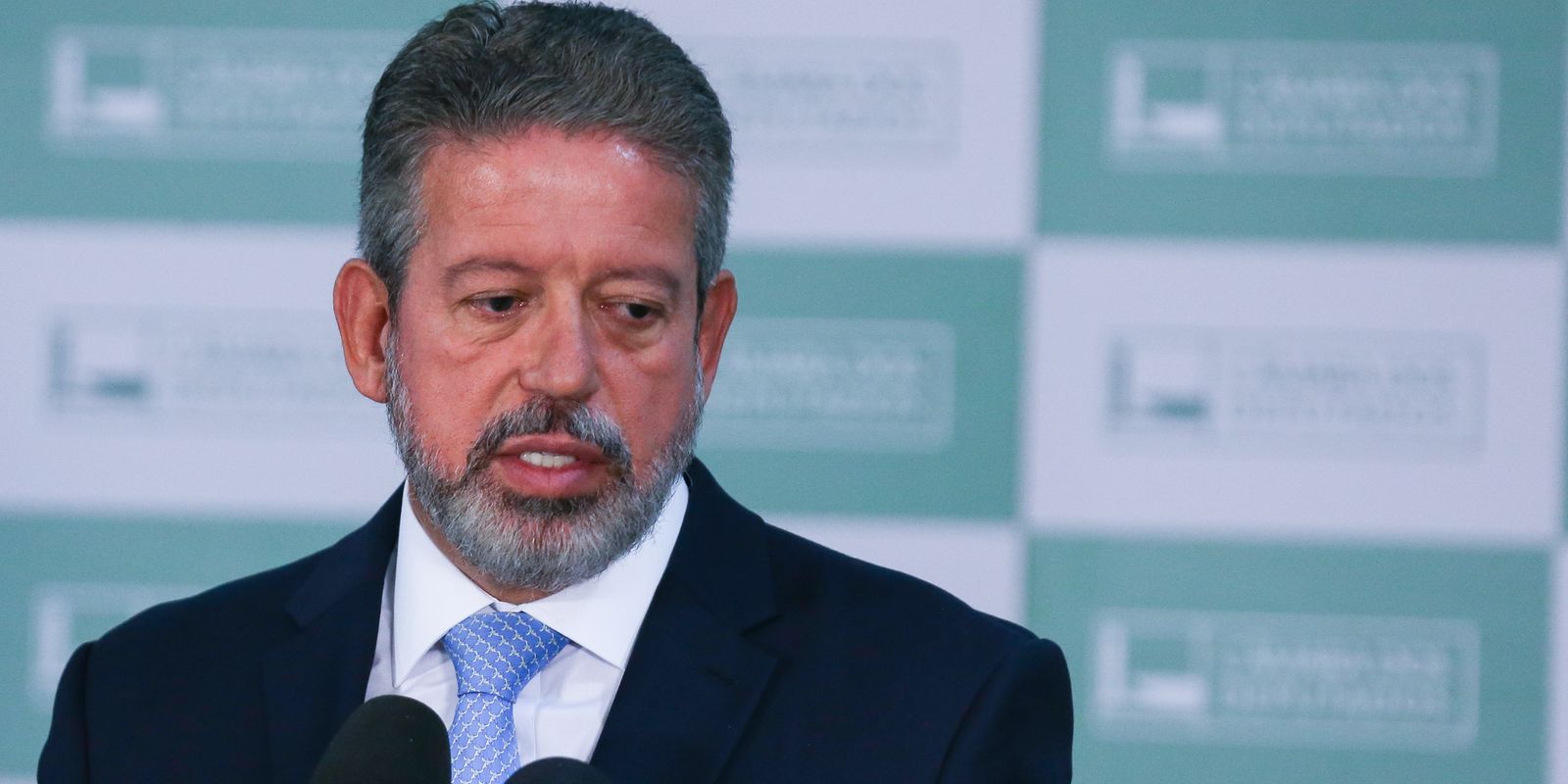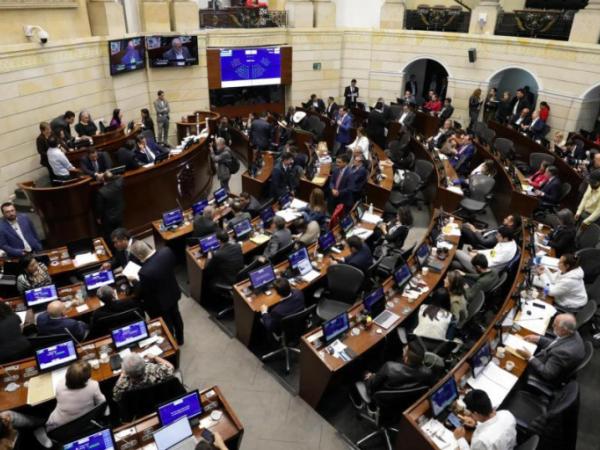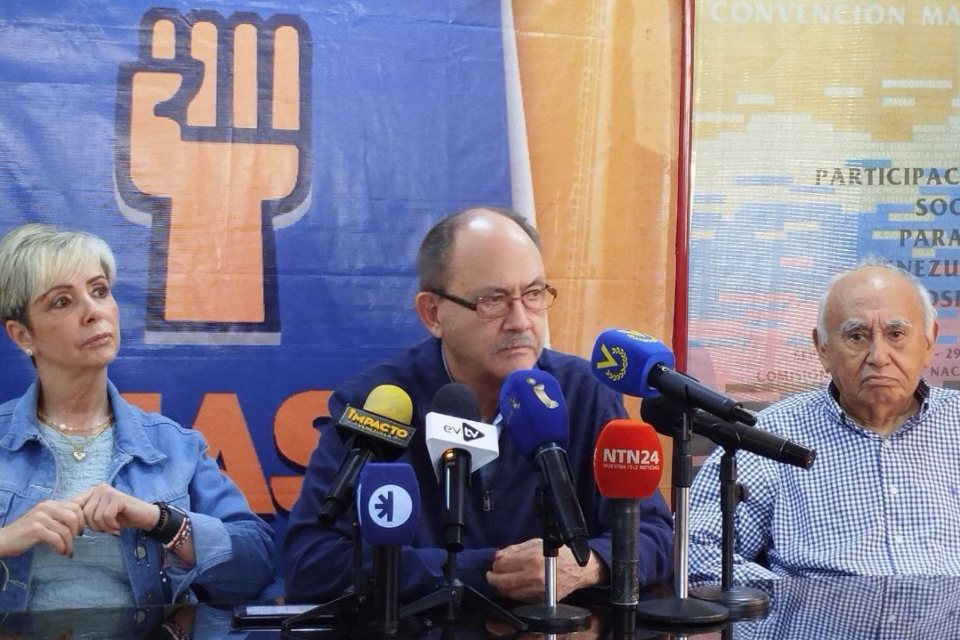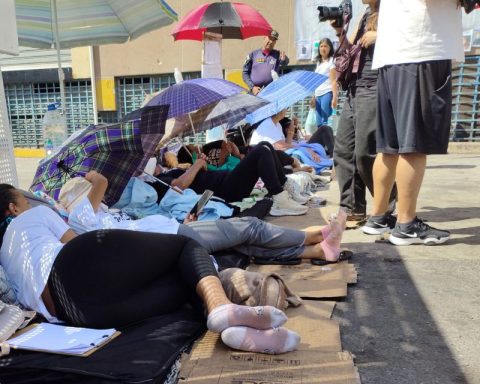The president of the Chamber of Deputies, Arthur Lira (PP/AL) created this Tuesday (29) a special commission to analyze bill 2,858 of 2022, which grants amnesty to those involved in the coup acts of January 8, 2023.
With the creation of the commission, the project’s processing could drag on for up to 40 House plenary sessions, delaying possible approval of the measure.
The president stated that the commission will strictly follow the regulatory rites and deadlines. “Always with the responsibility and respect that are typical of this Parliament. And also on this topic, it is necessary to seek the formation of eventual convergence.”
“The topic must be properly debated by the House. But it can never, due to its complexity, become an undue element of political dispute, especially in the context of future elections for the Board of Directors of the Chamber”, said Lira.
With the decision, the Chamber’s Constitution and Justice Committee (CCJ) canceled the session scheduled to vote on the project this afternoon.
Coup attempt
On January 8, 2023, supporters of former president Jair Bolsonaro invaded the headquarters of the Three Powers, in Brasília, calling for the adoption of a military coup in Brazil. Groups unhappy with the victory in the presidential election by Luiz Inácio Lula da Silva had, since October 30, 2022, been camping in front of the barracks asking the Armed Forces to prevent the inauguration of the new elected president.
People involved in protests, financing or organizing protests acts are being condemned by the Federal Supreme Court (STF) for, among other crimes, attempted coup d’état.
Valadares’ opinion argues that the convictions are unfair, there was no coup attempt on January 8th “due to the lack of leadership and the absence of military support” and that those people “did not know how to express their desire at that time”.
If approved, the law could benefit former president Jair Bolsonaro, who is also being investigated in the investigations investigating January 8th.
For experts heard by Brazil Agencyamnesty crimes against democracy it is unconstitutional. “These people are being prosecuted and tried in the STF. If Congress decides to grant amnesty to these people, it is clearly invading a jurisdiction that belongs to the Supreme Court”, said jurist Tânia Maria de Oliveira, from the Brazilian Association of Jurists for Democracy (ABJD).
In Brazil, it is a crime to attempt to depose, through violence or serious threats, the legitimately constituted government or to prevent and restrict the exercise of constitutional powers, as defined by Law 14,197/2021.
This legislation also makes it a crime to publicly incite animosity between the Armed Forces and other constitutional powers. Penalties vary and can reach 12 years in prison.
















